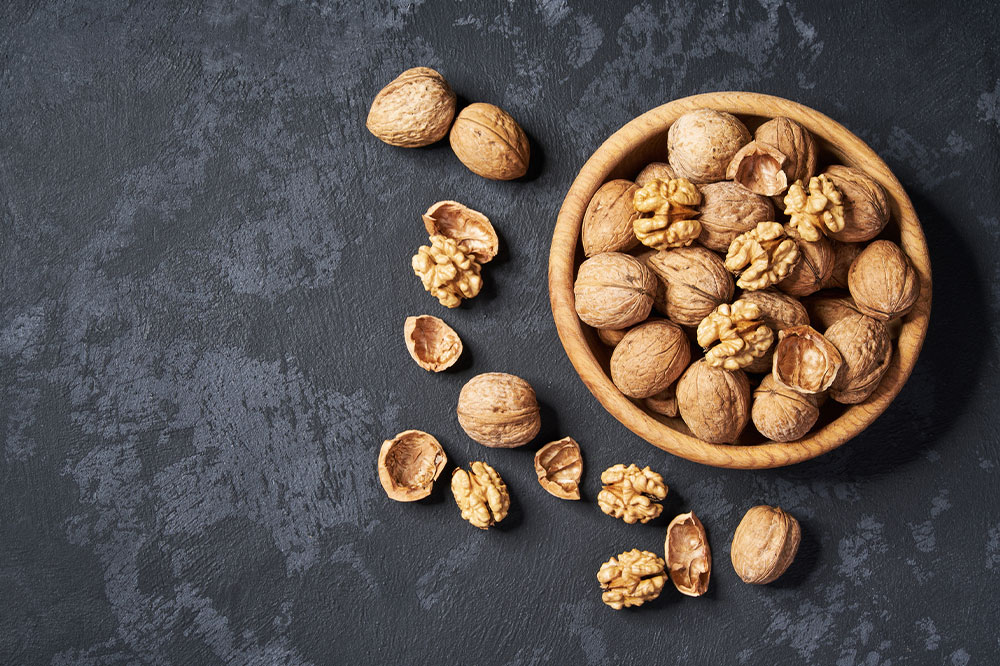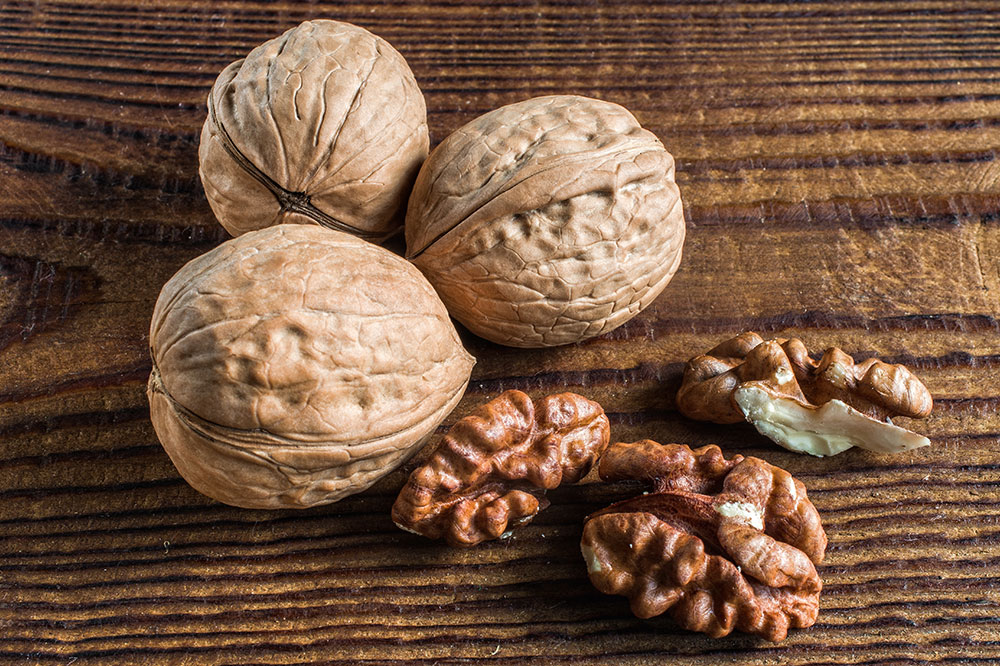Nutritional Strategies to Support Depression Management
Discover effective dietary strategies to support depression management. This article highlights essential foods and nutrients that can boost mood, energy, and mental clarity. It emphasizes the importance of antioxidants, vitamins, complex carbs, and proteins in alleviating symptoms. Additionally, tips for limiting caffeine and processed foods for better sleep and mood regulation are provided. Incorporating these dietary choices alongside medical treatment can enhance overall mental health and well-being.
Key Foods to Support Managing Depression
Depression is a complex mental health condition that affects emotions, thoughts, behaviors, and overall well-being, influenced by genetics, biochemical factors, personality, and environment. Although it's treatable, stigma can prevent many from seeking help. Once diagnosed, options include medication, therapy, and lifestyle adjustments. Dietary choices play a significant role in mental health, influencing mood, energy, and motivation. A balanced diet rich in specific nutrients can aid in alleviating symptoms and improving overall health.
While no specific diet can cure depression, certain foods can support symptom management and enhance general health. Incorporating antioxidant-rich foods reduces cellular damage caused by free radicals. Key nutrients like vitamins C and E, beta-carotene, and healthy carbs are essential. Choosing complex carbohydrates and lean proteins, especially those containing tryptophan, can boost serotonin levels and mental clarity. Limiting caffeine and processed foods also contributes to better sleep and mood stability.

To improve mental health, focus on consuming foods high in antioxidants like sweet potatoes, broccoli, and berries. Incorporate sources of vitamins C and E through colorful fruits, vegetables, nuts, and seeds. Prioritize complex carbs such as whole grains, legumes, fruits, and vegetables over simple sugars. Protein-rich foods like fish, poultry, beans, and dairy provide tryptophan, which supports serotonin production. Avoid caffeine and processed foods to promote better sleep and mood regulation.
Maintaining proper sleep hygiene is vital in managing depression. Limiting intake of caffeine and sugary foods can aid restful sleep. Consuming a nutrient-rich diet, combined with medical treatment and therapy, offers a holistic approach to managing depression and enhancing quality of life.










